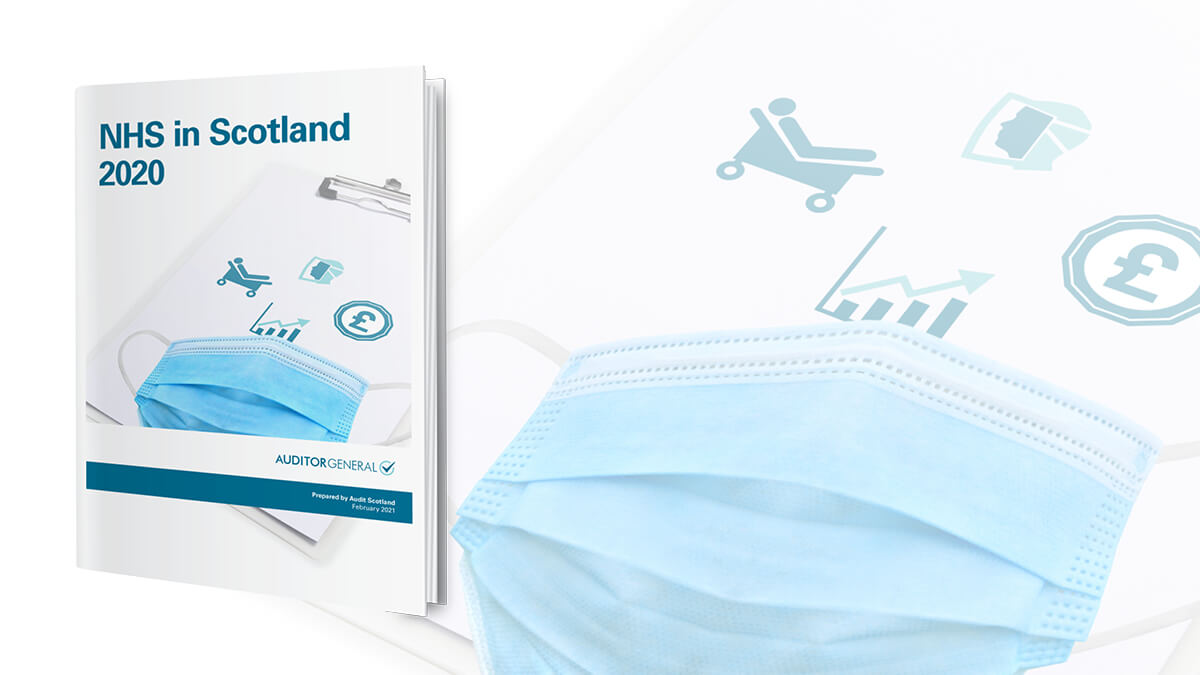Lessons to be learned from pandemic response

The Scottish Government acted quickly to prevent the NHS from being overwhelmed by Covid-19, but it could have been better prepared to respond to the pandemic.
Staff across the NHS and Scottish Government took early action during the first wave in 2020, including increasing intensive care capacity and pausing non-urgent treatment. Service innovation, such as a huge rise in video consultations, also happened within weeks and it is important these are learned from. However, there is now a substantial backlog of patients, with NHS boards prioritising those in most urgent need. It will be hard to deal with this backlog alongside the financial and operational challenges already faced by boards.
The Scottish Government based its initial response to Covid-19 on the 2011 UK flu pandemic preparedness strategy. Scotland took part in three pandemic preparedness exercises in the years before the coronavirus outbreak. But not all the actions identified in these exercises were fully implemented. These included measures to ensure access to enough PPE and to quickly address social care capacity, both of which became significant issues during the first wave of Covid-19.
Covid-19 has caused or contributed to the deaths of around 9,000 people in Scotland so far. People from the most deprived areas, of South Asian origin, or of Caribbean or Black ethnicity are among those who have suffered disproportionately from the pandemic. Deaths from other causes were also higher than average at the start of the pandemic.
Stephen Boyle, Auditor General for Scotland, said:
NHS staff have shown extraordinary commitment to treating and caring for Scotland's people during a pandemic that has highlighted the need to deal with long-standing health inequalities.
Getting the full range of health services back up and running will be challenging. But there are clear lessons to be learned from the pandemic, both in how the country could have been better prepared and in the innovation that we've seen. It's essential that these advances are now retained and built upon.





